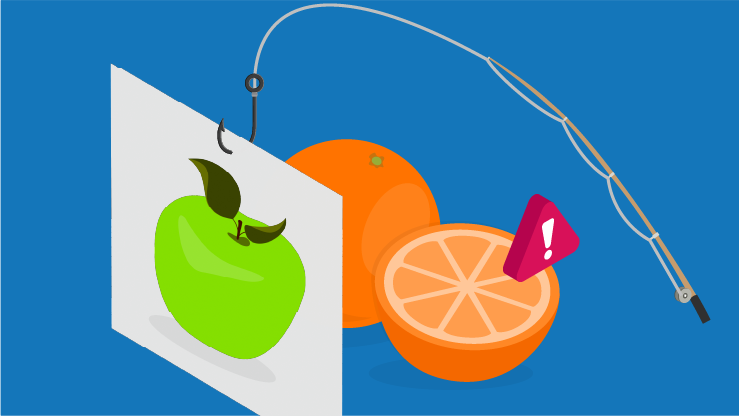In 2025, shifting market demands are reshaping the landscape of product recalls, fueling a series of new risks. From navigating complex supply chains to technological advancements like autonomous vehicles, businesses will need to adapt quickly to stay ahead. Be it for food and beverage, nutraceuticals, consumer products and more, the need for comprehensive insurance is growing.
So, what’s next? We asked our experts for five top trends set to define 2025.
-
Contractual obligations to drive demand for recall cover
With high-profile food and drink recalls making headlines and supply chain challenges mounting, retailers are increasingly pushing for suppliers to secure substantial recall insurance limits to safeguard against disruptions.
For example, a major UK supermarket is now pushing suppliers to purchase recall cover ranging from £5 million to £10 million. This trend highlights the growing pressure on suppliers to proactively manage recall risks and protect their partnerships.
-
Tighter regulatory oversight to spark recall risks
Since the pandemic, regulatory scrutiny has ramped up across the food industries in the US, UK and Canada. With more frequent site inspections and stricter compliance frameworks for manufacturers, the likelihood of government-enforced recalls is climbing.
This increased oversight signals a shift towards higher accountability—but it also means businesses need to be more prepared than ever to navigate regulatory-driven recall scenarios.
-
Advisory alerts a growing concern for fresh produce
High-profile pathogen outbreaks, like E. coli linked to fresh produce, have been highly publicized in the US and more recently the UK. In many cases, early advisories urge consumers to avoid entire categories of fruits or vegetables from certain regions—long before the company responsible is identified.
These sweeping warnings can devastate producers, even without an official product recall. To address this growing risk, CFC offers coverage for regulatory advisory, available as a standalone option or with a sublimit.
-
New risks in the autonomous vehicles space
The rise of autonomous vehicles, backed by government initiatives on both sides of the Atlantic, is reshaping the automotive landscape—and the risks that come with it. As technology advances, software providers play an increasingly critical role, with ‘over-the-air’ fixes often replacing traditional recalls.
While this innovation streamlines fixes, it also introduces new uncertainties for automotive component manufacturers, from software vulnerabilities to unforeseen liabilities.
-
Supply chains to become more complex and global
As cost pressures mount, businesses are exploring international suppliers from new territories to stay competitive. However, this global approach clashes with rising demands for ‘buying local,’ driven by protectionist policies and consumer preferences in the US and beyond.
For food and beverage manufacturers, the challenge lies in balancing the need for fresh, local products with the rising costs and complexities of sourcing locally. With supply chains stretched thin, competition heating up and consumer expectations soaring, navigating these competing demands will require resilience and innovation.
2025: A year of opportunity and risk for product recall
It’s clear that the product recall landscape is evolving quickly, bringing new challenges and opportunities for businesses across industries. But with the right insurance cover, companies can navigate these risks with confidence, knowing they’re protected from the financial and reputational impact of a recall.
Get in touch to learn more about comprehensive cover for product recall risks.



